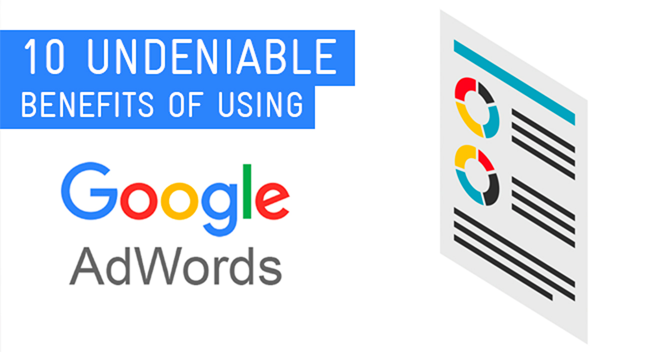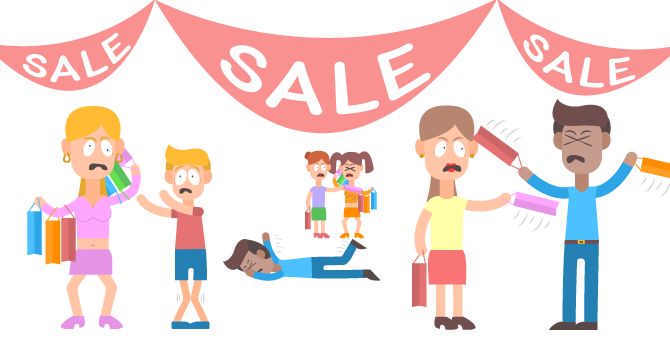In the age of information, what really stands out anymore? What is the trigger that makes you read on? Certainly, the many available forms of media including graphics, music and video may momentarily engage us but when it gets down to it, the text is what compels readers to press on and potentially act on that information.
When writing to make a sale, there are a number of elements to consider. For instance, you want to include the right sentence and paragraph lengths, rhythm, strong headlines and sub-headlines, linking words, simple (easy-to-read) language and attention grabbing words — the words that sell!
But before that, we should look at why people buy at all. What attributes to someone handing over their hard earned money?
Well it has been shown that there are 11 major reasons or motivating factors why people purchase services and products. These include:
- To help others
- Save money
- Make money
- Health and looks
- Security and reliability
- Status
- Simplifying our lives
- Investment
- Knowledge
- Pampering
- Style
Ultimately, you want your readers to act. But first they must read. That is, not only start, but finish reading to get to the next stage in the process. It’s all about taking them on a journey – a journey through the sales funnel.
So in order for consumers to act, there should be emotional trigger words or less elegantly put, ‘words that sell’ throughout the copy. These words and/or phrases are known to be those little nuggets that get customers passionate about what is being said. They build an excitement that hopefully leads web page surfers to click on the order button.
When you look at these words below, you may already realise as you gloss over them that some make you feel a certain way — even when displayed in a simple list such as this. However, when combined with other selling words and engaging copywriting, the power to convert is unlimited.
- You — This is personal. The focus is on ‘you’, the reader, the prospective client, the one who may purchase a service or product. Feel special yet? Forget ‘we’, look at ‘you’ when writing to sell.
- FREE — Everyone likes something for nothing, no matter how well off they may be. This word stands out like none other.
- Easy — If you can simplify your life, why wouldn’t you?
- Benefit — This addresses the ‘why should I care?’ question. If the pitch doesn’t interest the reader or meet their requirements by highlighting the benefit, you will lose them.
- Money — It apparently makes the world go round. Who doesn’t want to make a buck?!
- Guarantee — Nothing to lose? Sounds good to me. Return policy, money back after 90 days etc. When there is limited risk to the buyer, the buyer is more willing to part with their money.
- Health — Important to everyone (or at least it should be).
- Save — Save money, time, and energy. Speaks for itself.
- How-to — Captivating words. Knowledge is power. Learning how to do something can improve self-confidence, be satisfying, and again save money.
- Results — People want the outcome they expect. They want results when undertaking an activity (especially one requiring money, time or energy — see above), paying for a service or using a product.
- Quick/Fast — Fast weight loss! Make money quick! Heard it before? Time is a limited resource to most so when there is an offer to get something done fast, people will take notice.
- Proven — Facts are good. Medication, car safety ratings and nutritional information on food packaging. We generally feel better when these things come with some kind of certified approval. Something which shows that high quality standards have been met.
In its true sense, copywriting is all about the words. The words that sell when used in effective, engaging content will offer that edge to your writing and spark those emotional triggers in your readers that will lead them to ultimately become customers.







